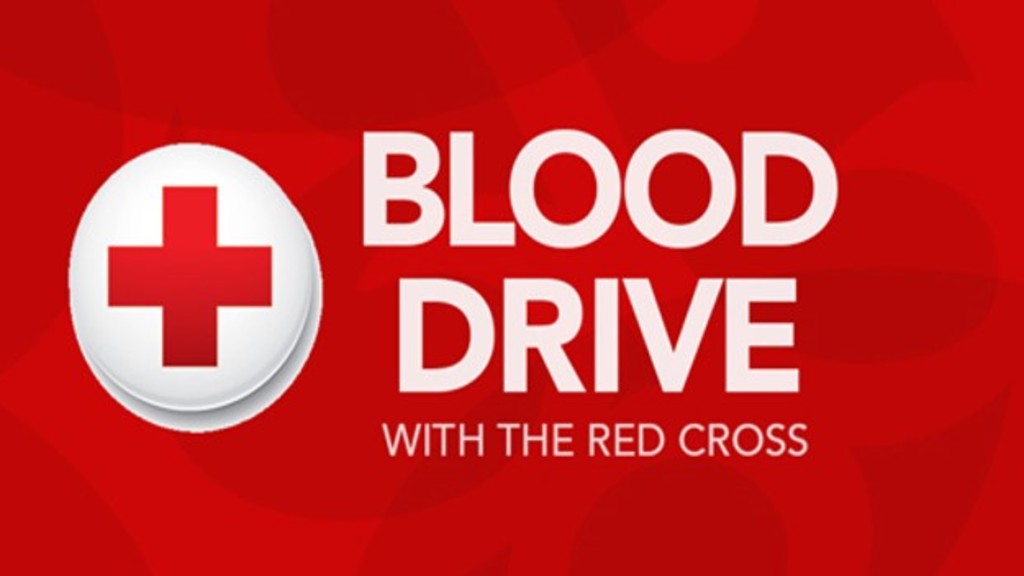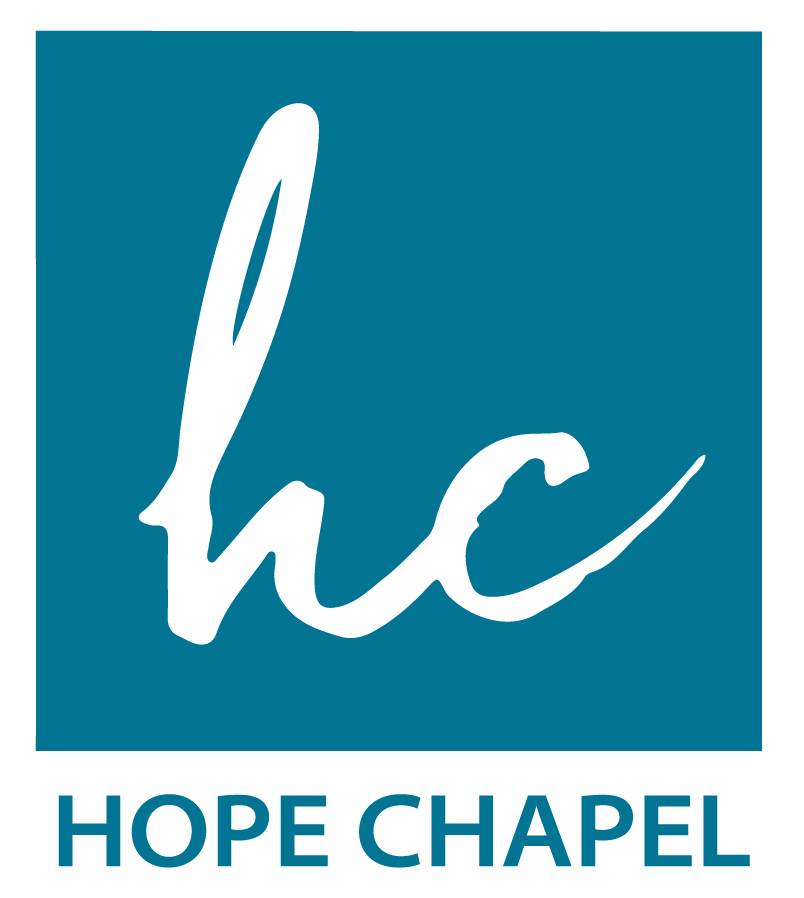
Red Cross Blood Drive
Tuesday, June 18th, 1pm-6pm
The short amount of time it takes to donate can mean a lifetime to a patient with a serious medical condition. We urge eligible donors to join us in the selfless act of giving blood.
Donors of all blood types are needed, especially those with types O negative, B negative and A negative. According to the Red Cross, type O negative is the universal blood type that can be safely transfused to anyone, and is often used to treat trauma patients.
Schedule an appointment to give blood.
Walk-ins are welcome but the process will take longer.
We are also looking for volunteers to help with the Blood Drive. Sign up below to help make a meal item for the staff, help with the registration desk, or be available to set the sanctuary back.
Did you know?
-The share of the US population eligible to donate = 38%.
-Percent of eligible who actually donate = 5%.
-Every 2 seconds someone in the US needs blood.
-More than 38,000 blood donations are needed every day.
-One donation can help save or sustain 3 lives
Common Blood Donation Questions:
Will it hurt?
-It may feel like a slight pinch for a second. But there is no pain during the donation.
How long will it take?
-The entire donation process from registration to refreshments takes approximately one hour. The actual donation takes 7-10 minutes.
Is it safe?
-Yes. You cannot acquire HIV or any other diseases from donating. A new sterile needle is used for every donation.
How much blood is taken?
-One unit
Can I work after I donate?
-Donors should drink extra fluid and avoid strenuous exercise. Avoid lifting heavy objects with your donation arm for about 4-5 hours after you donate.
Individuals who are at least 17 years of age (16 with parental permission), weigh at least 110 pounds and are in general good health may be eligible to donate blood. High school students and donors 18 years of age and younger also have to meet certain height and weight requirements.
Preferred Identification: One of these:
- Donor ID Card
- Student ID
- Drivers License
- Passport
Or Two of these:
- Social security card
- Birth certificate
- Library card with donor name
- Voter registration card
- Hunting license
- Club or museum membership
- Insurance card
- Payroll stub
- Vehicle registration
- Personal checkbook with name and address
